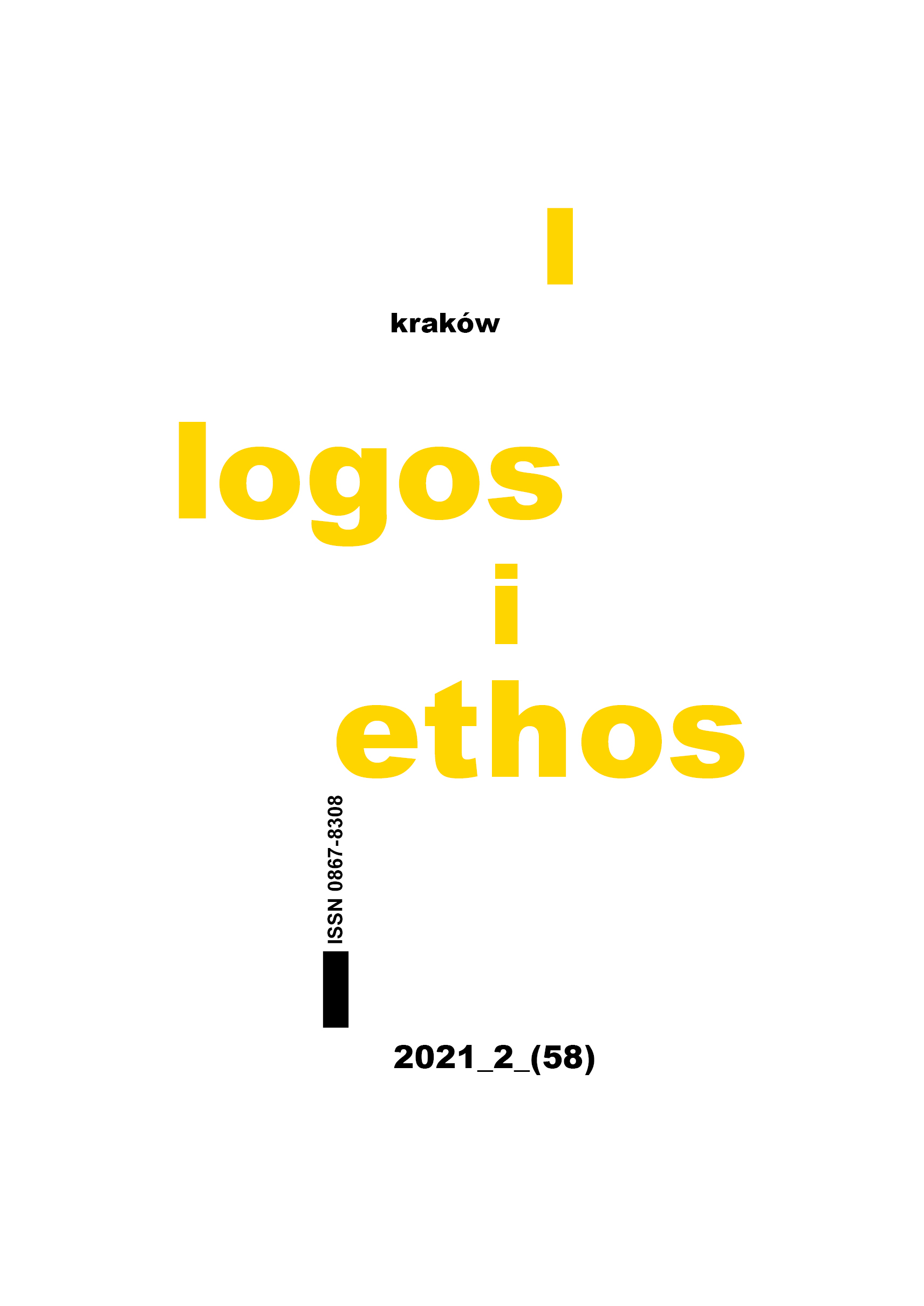Place or Places? Some Thoughts on Roman Ingarden’s Proposals for Linking Intentional and Actual Places in a Literary Work
DOI:
https://doi.org/10.15633/lie.4173Keywords:
Roman Ingarden, philosophy of literature, place, literary work, Hilary Putnam, Józef Bańka, twin earth, recentivismAbstract
The following paper presents a proposal to complement Roman Ingarden’s philosophy of literature. Ingarden assumed that there is some identity or some connection between the place where the action takes place in a literary work and the real place, if such a place is indicated by a literary work (e.g. Grodzka Street in Krakow). Based on the arguments of Hilary Putnam, extended for the purposes of the topic, and metaphysical aspects of recentivism by Józef Bańka, arguments are presented to show that it is not possible to maintain a claim of connectivity between intentional places in a literary work and actual places. The consequences of such an addition to the indicated point of Ingarden’s philosophy of literature are also pointed out.
References
Bańka J., Sermonizm jako stanowisko recentywizmu w sporze o powszechniki, „Folia Philosophica” 26 (2008), s. 199–220.
Głowiński M., O konkretyzacji, w: M. Głowiński, Style odbioru: szkice o komunikacji literackiej, Kraków 1977, s. 91–109.
Ingarden R., O dziele literackim. Badania z pogranicza ontologii, teorii języka i filozofii literatury, Warszawa 1960.
Ingarden R., O poznawaniu dzieła literackiego, Warszawa 1976.
Ingarden R., O pytaniach esencjalnych, w: R. Ingarden, Z teorii języka i filozoficznych podstaw logiki, Warszawa 1972.
Ingarden R., Spór o istnienie świata, t. 2/1, Warszawa 1987.
Pelc J., Quasi-sądy a dzieło literackie, „Pamiętnik Literacki” 54 (1963) 3, s. 61–79.
Petryszak K., Ontologia kultury. Badania nad kulturą w oparciu o zmodyfikowaną ontologię Romana Ingardena, Kraków 2021, doi: 10.15633/9788374387767.
Popper K., Wszechświat otwarty. Argumenty na rzecz indeterminizmu, Kraków 1996.
Putnam H., Mózgi w naczyniu, w: H. Putnam, „Wiele twarzy realizmu” i inne eseje, Warszawa 1998, s. 295–324.
Putnam H., Znaczenie wyrazu „znaczenie”, w: H. Putnam, „Wiele twarzy realizmu” i inne eseje, Warszawa 1998, s. 93–184.
Rosiak M., Spór o substancjalizm. Studia z ontologii Ingardena i metafizyki Whiteheada, Łódź 2003.
Rosiak M., Zagadnienie postaktualności. Z ontologii egzystencjalnej tego, co przeminęło, „Lectiones & Acroases Philosophicae” 5 (2012) 2, s. 33–46.
Słownik terminów literackich, pod red. M. Głowińskiego, T. Kostkiewiczowej, A. Okopień-Sławińskiej, J. Sławińskiego, Wrocław 2008.
Stępień A.B., Uwagi o Ingardenowskiej koncepcji ontologii, w: Spór o Ingardena, pod red. J. Dębowskiego, Lublin 1994, s. 17–26.
Stróżewski W., Wokół piękna, Kraków 2002.
Szczepańska A., Estetyka Romana Ingardena, Warszawa 1989.
Świderski E., Pewne główne rysy ontologii Ingardena, „Studia Philosophiae Christianae” 14 (1978) nr 1, s. 89–108.
Ulicka D., Ingardenowska filozofia literatury. Konteksty, Warszawa 1992.
Ziomek J., Fikcyjne pole odniesienia a problem quasi-sądów, w: Wypowiedź literacka a wypowiedź filozoficzna, pod red. M. Głowińskiego i J. Sławskiego, Wrocław–Warszawa–Kraków–Gdańsk–Łódź 1992, s. 199–209.
Downloads
Published
Issue
Section
License
Authors who publish with this journal agree to the following terms:
- Authors retain the copyright and full publishing rights without restrictions, and grant the journal right of first publication with the work simultaneously licensed under a Creative Commons Attribution 4.0 International License that allows others to share the work with an acknowledgement of the work's authorship and initial publication in this journal.
- Authors are able to enter into separate, additional contractual arrangements for the non-exclusive distribution of the journal's published version of the work (e.g., post it to an institutional repository or publish it in a book), with an acknowledgement of its initial publication in this journal.
- Authors are permitted and encouraged to post their work online (e.g., in institutional repositories or on their website) prior to and during the submission process, as it can lead to productive exchanges, as well as earlier and greater citation of published work (See The Effect of Open Access).

